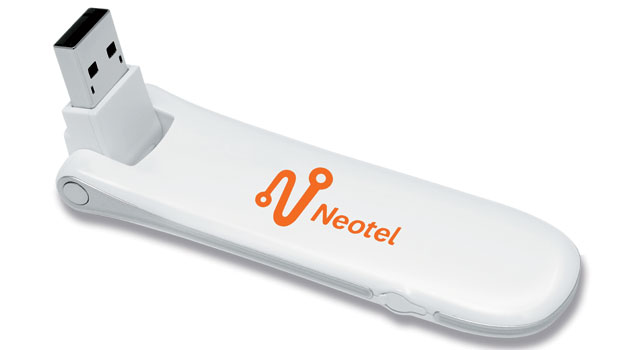
Regulation is unlikely to hobble the R6,5bn sale of telecommunications business Neotel to connectivity provider Liquid Telecom, said representatives of the latter company.
India’s Tata Communications, which owns a controlling stake in Neotel, said on Tuesday that it is selling the South African telecoms company to Liquid Telecom for R6,5bn.
Empowerment group Royal Bafokeng Holdings is also taking a 30% stake in Neotel.
Liquid Telecom is a data and voice provider owned by African telecoms player Econet Wireless, which is run by Zimbabwean businessman Strive Masiyiwa.
This deal comes after Vodacom abandoned its bid to buy Neotel for R7bn. Vodacom launched its bid in May 2014 but it then walked away from the deal in March this year.
Vodacom blamed “regulatory complexities and certain conditions not being fulfilled” for the failed deal.
But representatives of Liquid Telecom have said they don’t expect regulation to be an issue with the bid to buy Neotel.
“We hope to have completed the transaction before the end of the year,” Liquid Telecom representatives said in an e-mail.
“Liquid Telecom’s existing operations in South Africa are very limited in size, so the competition issues are of a much smaller scale than those arising from the failed Vodacom deal.
“We do not believe there are any major competitive issues,” the company said.
The deal would have to be submitted to communications regulator Icasa, the Competition Commission and the Competition Tribunal for approval.
Liquid Telecom’s statement regarding regulation comes after Neotel nonexecutive director Kennedy Memani said on Tuesday that Neotel expects regulators to approve the deal by the end of its financial year in March 2017.
Meanwhile, Liquid Telecom’s acquisition of Neotel would mean that its connectivity business would span 12 countries from South Africa to Kenya, making it the largest pan-African broadband network and business to business telecoms provider
“Using the combined operations, African companies will be able to connect with each other in a cost effective and reliable way, all on a single fibre network,” said Liquid Telecom.
“Liquid Telecom has early on recognised the importance of high-speed, last-mile connectivity and started rolling out fibre networks in 2009. Liquid Telecom now has thousands of km’s of metro and last-mile access networks in Africa, as well as extensive fixed wireless networks that complements its fibre coverage,” said the company.




